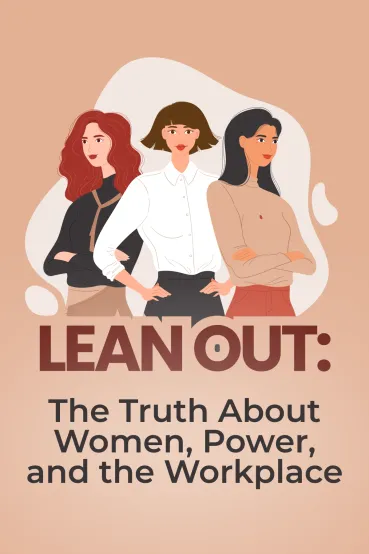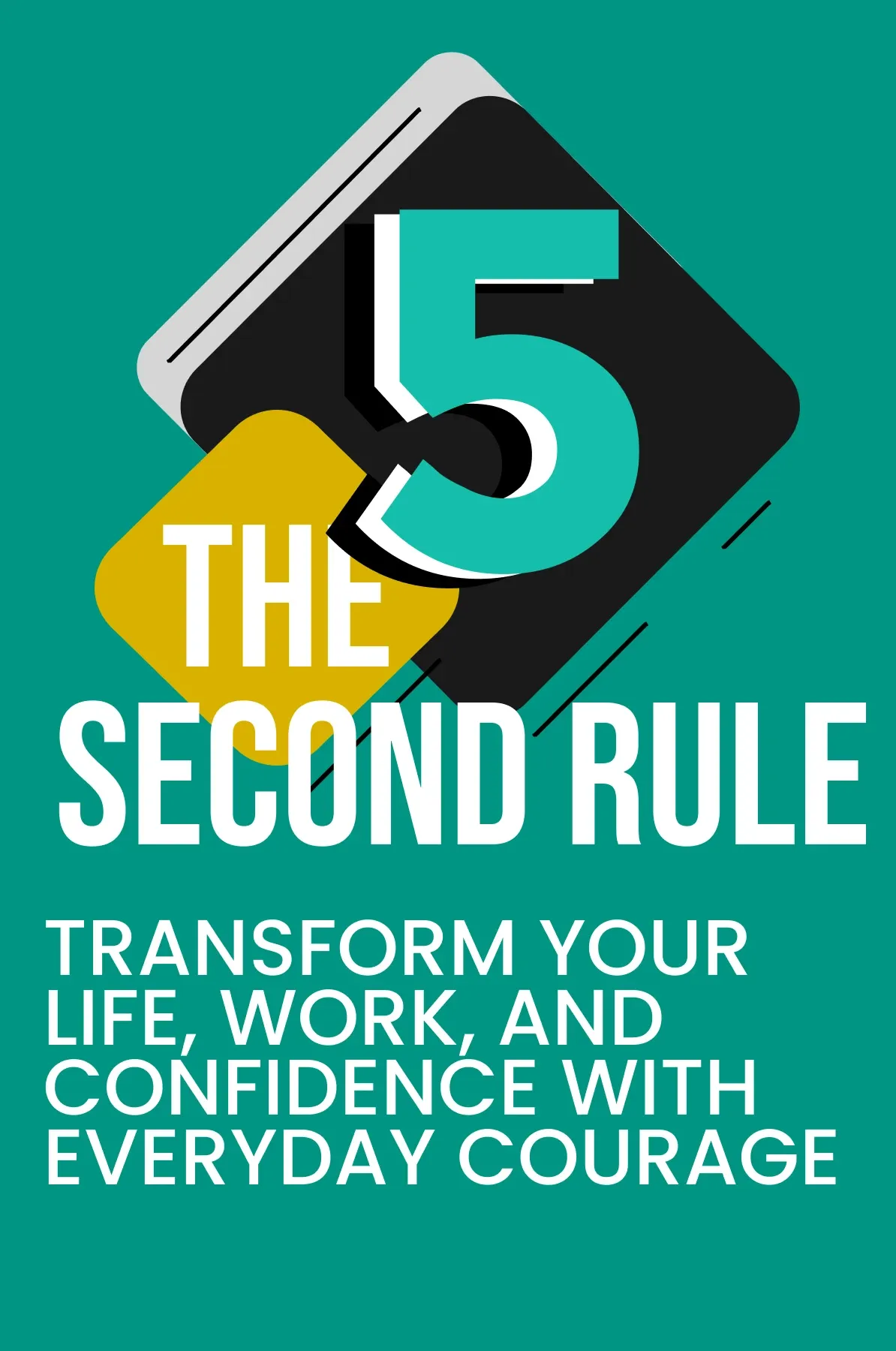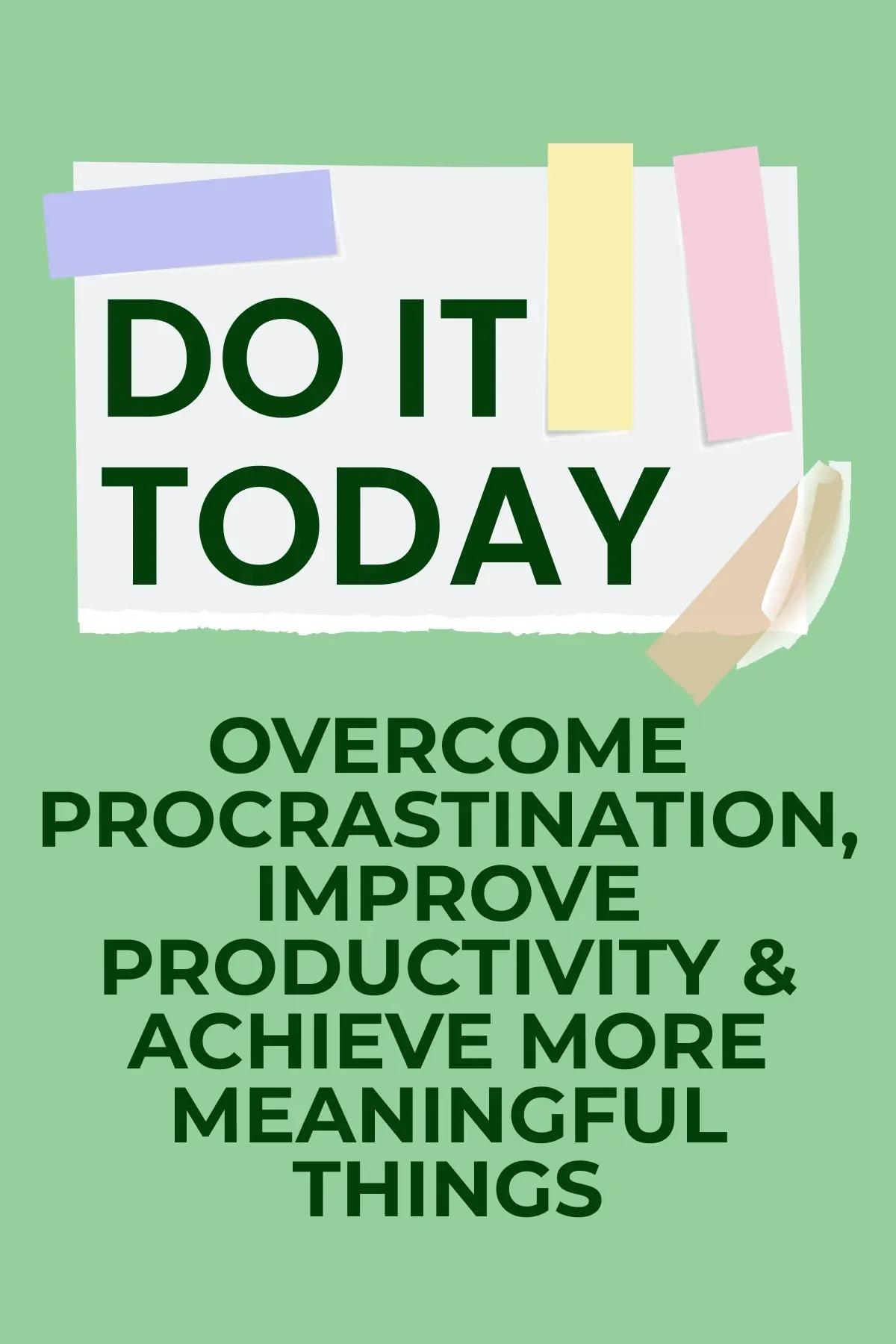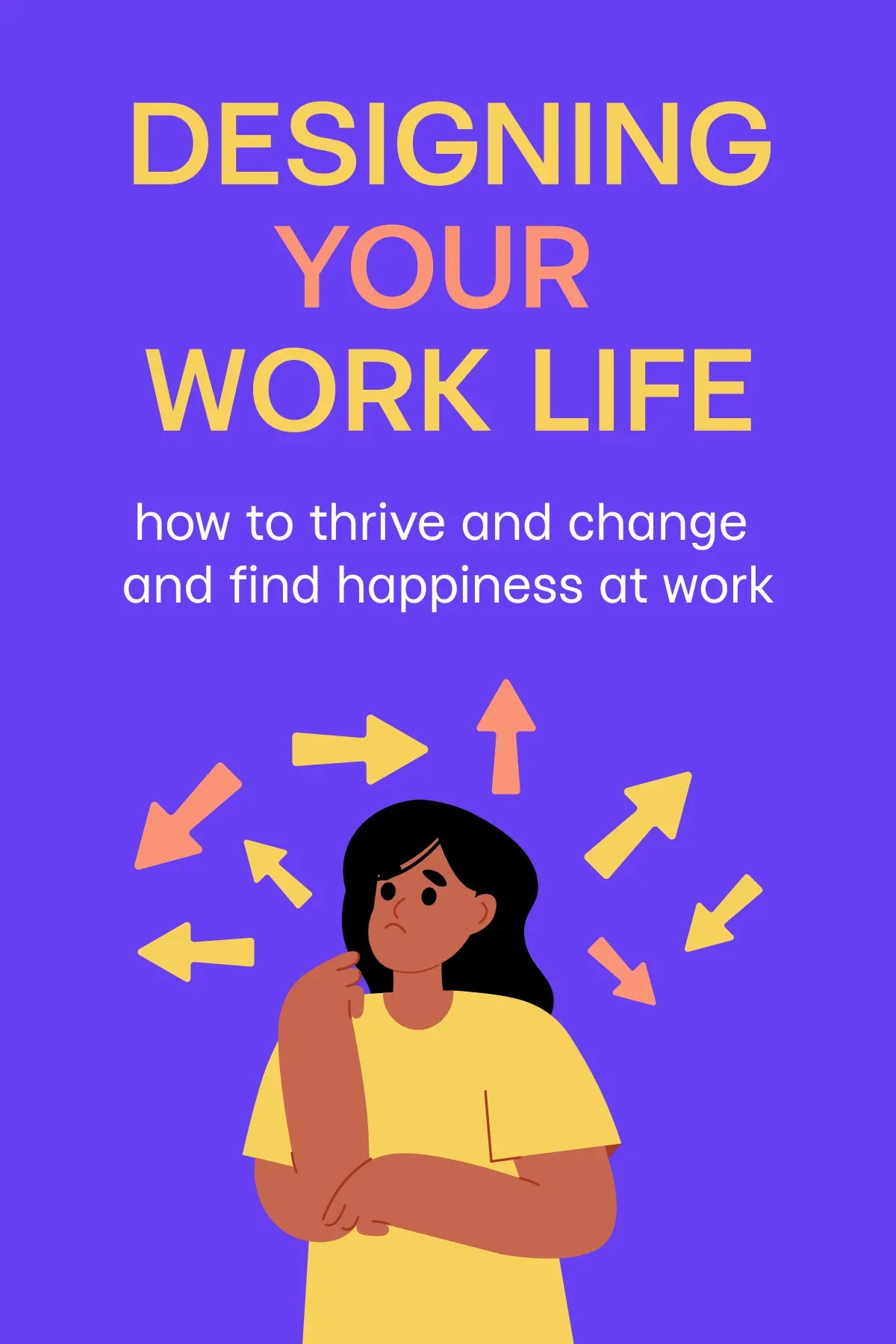
Lean Out
Brief Summary
“Lean Out” by Marissa Orr offers a fresh perspective on navigating the corporate world, challenging traditional definitions of success, and understanding gender disparities in the workplace. It provides deep insights on developing authentic leadership and fostering a more inclusive, empathetic corporate culture. This book empowers readers to forge their own path, reassess workplace norms, and embrace resilience in their career journeys.
Topics
Key points
Key idea 1 of 9
We live in a modern era. During this time, questions about leadership and gender stereotypes have become prominent. Campaigns such as Sheryl Sandberg's *Ban Bossy* in 2014 have fueled the conversation. These campaigns point out the problematic labels successful women often face. But does this approach give us a complete solution? Marissa Orr doesn't think so.
From an early age, societal expectations mold boys and girls differently. Girls are often praised for showing “feminine” traits. These traits include empathy, patience, and the ability to listen. Yet, girls can be criticized if they show decisiveness or assertiveness. Such traits can lead to them being labeled as “bossy” or “not ladylike.” Boys, on the other hand, are usually encouraged to exhibit “masculine” attributes. These attributes include leadership, decisiveness, and even aggressiveness. Society can be harsh on them if they step outside this expected role, using terms like “weak” or “sissy.” The influence of these gender norms can be far-reaching. They can present significant obstacles in different aspects of life.
Sheryl Sandberg and Orr both agree on the existence of these stereotypes. They also agree that these stereotypes have harmful effects. Yet, their proposed solutions to these issues vary. Sandberg advises that women should ignore the fear of being viewed as “bossy.” She believes that adopting more masculine traits can lead to success. Yet, Orr argues that this approach might compound the problem. Unfortunately, women who do not conform to these masculine stereotypes are facing criticism. This criticism comes not only from societal norms but also from a new wave of corporate feminism.
According to Orr, encouraging women to adopt masculine behaviors is not the way to change. This could reinforce a corporate system that often sidelines females. It contributes to a privileged group that ignores the majority of women in the workforce. Orr encourages us to question the system more deeply. The question is not about how women can succeed within existing systems. Rather, it is about how these systems themselves can be changed or even dismantled.
The ongoing dialogue about gender, leadership, and workplace dynamics is complex and multifaceted. Sandberg's campaign has sparked an essential conversation. But, it is also vital to consider these alternative perspectives. When we re-evaluate the strategies and their impacts, we need to make sure they serve all genders. They should not just favor one.
FAQ
You may also like these summaries











